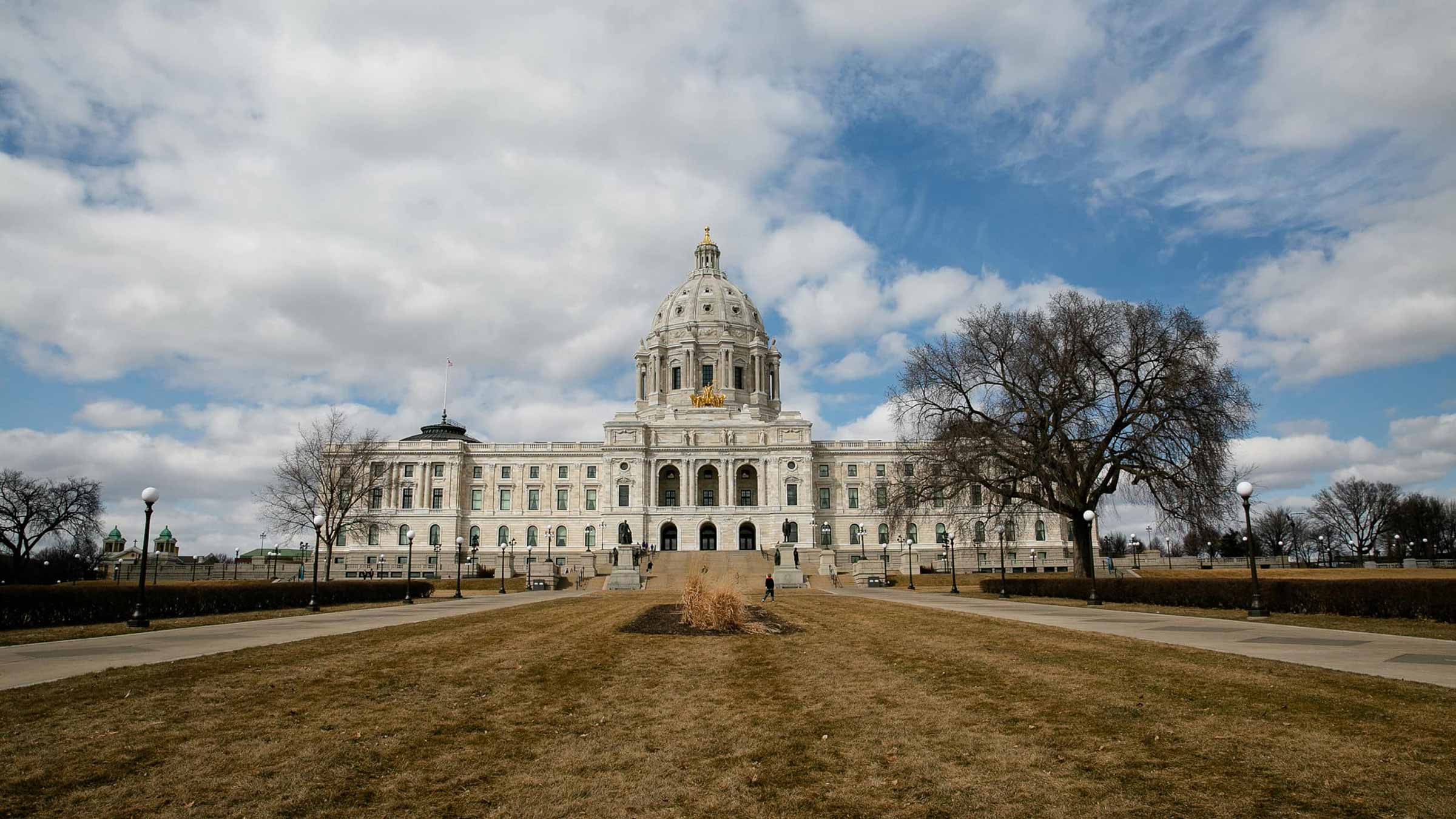
We live in a region where divisions and poverty result in barriers for many people. Existing disparities in our communities have been further amplified and highlighted by the ongoing COVID-19 pandemic and recent civil unrest, disproportionately harming those who face the most challenges due to long-standing systemic racism and oppression.
However, we can disrupt these inequitable systems by working together to change narratives, create equitable solutions and advocate for policies that result in real, lasting change.
Greater Twin Cities United Way is uniquely positioned to lead this work, influencing government decisionmakers to effectively implement policy and funding to support immediate needs and systems change. This work – also known as advocacy – holds true power in our ability to disrupt racial inequities and advance effective policy informed by our stakeholders, community partners and those with lived experience.
Advocacy means taking action to create positive change. True advocacy requires addressing and solving the root problems that create barriers for communities, often by changing systemic processes through public policy and funding.
Informed by the unique insight and needs of our 95 multi-year nonprofit partners, our advocacy is centered around building strong, bipartisan relationships and bringing public, private and nonprofit sectors together to discuss issues and create solutions. We also educate government officials and lawmakers on systems-level issues, amplify the experiences of our nonprofit partners and the people they serve, and work in coalitions to help form aligned solutions, informed by the priorities of our nonprofit partners.
United Way recently brought together local advocacy partners Bharti Wahi, Executive Director of the Children’s Defense Fund – Minnesota, and Autumn Way, Advocacy Committee Chair of Women United, for a recent Community Connection Series session to discuss how advocacy is critical in the work they do and how our unique partnerships have collectively advanced systems and policy change across our impact areas.
Bharti Wahi spoke to the common misconception that advocacy is just lobbying. While both practices share similar goals in trying to influence people to take a specific action, she broke down how advocacy includes educating people who may not understand an issue, its impacts and how to change it. This education piece is typically based in data gathered from communities that an issue affects most and driven by those with lived experience and know what solution is best for themselves and their communities.
Autumn Way shared how she had “zero experience in advocacy” before joining the Women United advocacy committee, but that the care and passion for her community drove her to become one. In her work with Women United, she advocates for the committee’s core focus of supporting school success for children and financial stability for women.
Autumn explained how she is still finding herself “getting comfortable having conversations I don’t know the solution to but know how to articulate the problem” and highlighted that you do not need to be a seasoned expert in order to successfully be an advocate on an issue you care about. “Going to the right people to have the right conversations,” Autumn pointed out, is the first step in tackling the root issues – and that United Way is a great partner in supporting the new committee’s work in doing so.
Bharti ended the session with her perspective on how strong advocacy can only result from organizations bringing their existing networks, relationships and innovative ideas for change to the table, issuing a reminder that “none of us makes policy change alone. Not much of anything happens alone.”
Join us in fueling change through advocacy. Sign up for our advocacy updates to join us and foster change in our community or make a donation.